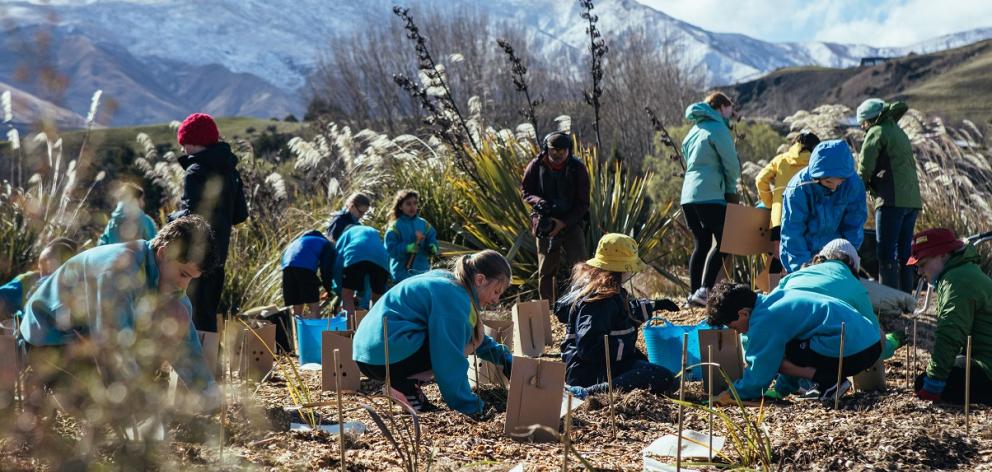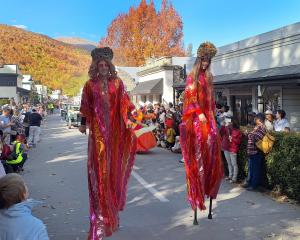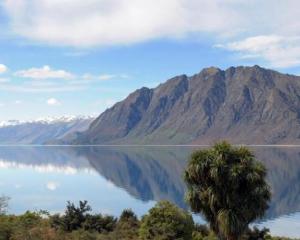This week, school pupils from around the district joined volunteers and stakeholders to plant the first of what will eventually be 150,000 natives in the major project to restore 3ha of Lake Hayes’ northern foreshore and wetland to its natural, healthy state.
Mana Tahuna Charitable Trust is leading the three-year project — which also involves Queenstown’s council, Friends of Lake Hayes, e3Scientific and Department of Conservation — to replace cleared willow trees with taonga species and trap sediment.
Mana Tahuna chief executive Michael Rewi said the first day of spring planting on Monday was a "really cool" culmination of a lot of stakeholders coming together.
"We’ve removed all the willows and turned them into 7 tonne of firewood for our community and started installing what’s going to be about 12,000 plants of native species during this spring and next autumn’s planting seasons," Mr Rewi said.
"We’re going to see a lot of our native taonga species that were here pre-European, a lot of ti kōuka [cabbage tree] and harakeke [native flax]."
He said the native plants, and the building of traps and removal of the willows, would stop sediment that had been flowing into the catchment and clogging the lake to eventually improve water quality.
Mr Rewi paid tribute to the "significant donation" made by local businessman Rod Drury to the work in 2020.

Friends of Lake Hayes chairman Mike Hanff said the restoration was the culmination of five years’ planning and hard work, that included lobbying Queenstown Lakes district and Otago regional councils.
"What we’re seeing today is the showpiece of that strategy."
The long-term vision was for a "generally healthy blue lake" where people could swim which had a restored habitat for fish, he said.
However, it would require patience.
"This doesn’t happen overnight, we know that healing the catchment will fix the lake but it takes a long time."












